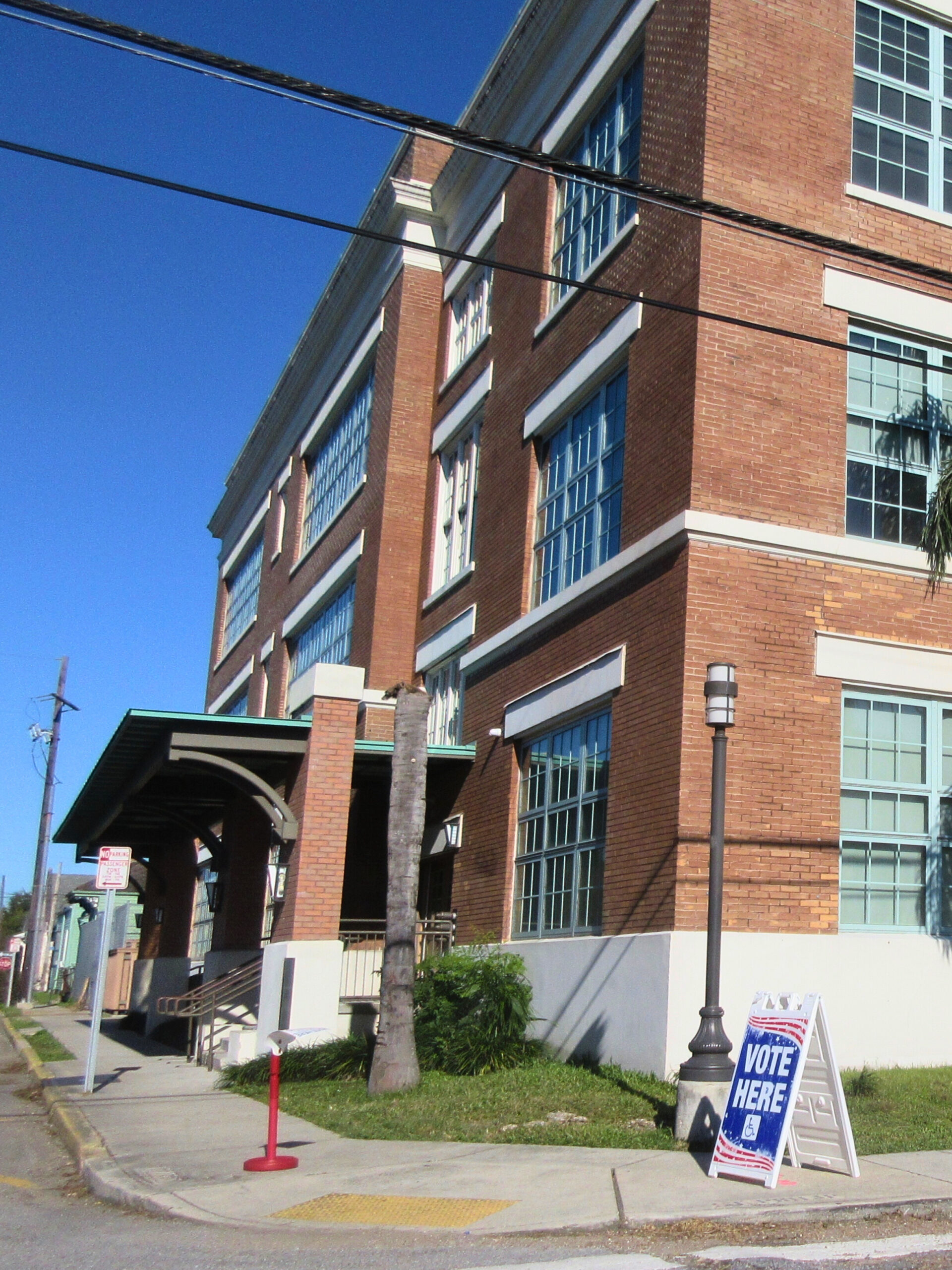Informed by Research
Understanding the connection between policy and people’s daily experience can be helpful in addressing the root causes of violence and reducing risk factors for individuals, families, and communities. As researchers, VPI leverages scientific data to reveal these connections and provide guidance on how those policies that seem to just be financial or educational can make us all safer and healthier. Addressing systemic and structural issues by advancing equity will have more far-reaching and long-term effects than law enforcement and criminal legal system approaches. Those interested in ending violence must engage with policy makers for lasting change.

Equal Pay
Closing the gender wage gap can reduce women’s vulnerability to interpersonal violence by strengthening economic security and promoting gender equality.
Livable Wage
Raising the minimum wage to a livable wage can reduce violence by improving economic stability, protecting families, and decreasing crime and abuse.
Paid Family Leave
Time off work with income support to care for a new child strengthens family stability and reduces risks of child maltreatment and interpersonal violence.
Food Security
Consistent access to affordable, nutritious food—is essential for health and safety, as food insecurity increases risks of interpersonal and community violence.
Permitless Carry
Allowing individuals to carry concealed handguns in public without a permit raises risks of gun violence, suicide, and accidental injury while increasing challenges for law enforcement and public safety.
Red Flag Laws
Extreme Risk Protection Orders (“Red Flag” laws), which allow courts to temporarily remove firearms from individuals in crisis, are an effective tool to prevent suicide and reduce gun violence.
School Resource Officers
Police assigned to schools disproportionately harm marginalized students, fail to improve overall safety, and contribute to disciplinary practices that undermine academic success and equity.
Extracurricular Activities
Access to structured extracurricular activities, such as sports, arts, and community programs, supports youth development, improves academic and professional outcomes, and reduces engagement in crime and violence.
Address
1440 Canal Street, Suite 1510, New Orleans, LA 70112
social media
@tulanevpi
